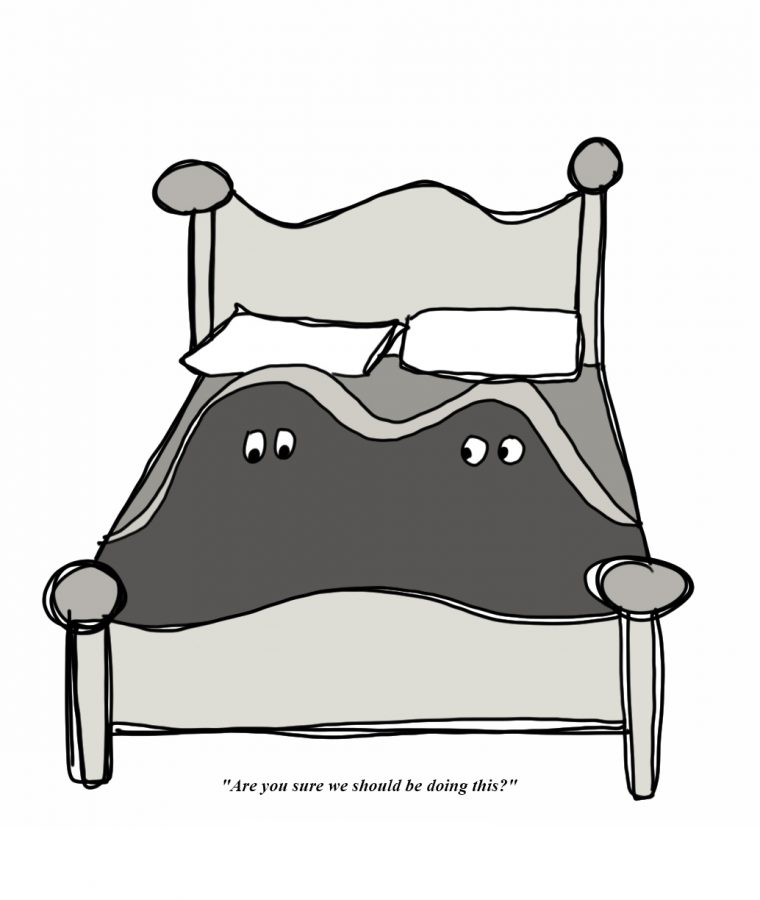Checking Up: HIV awareness is always appropriate
March 19, 2015
Across the world, people are affected every day by a new disease, virus or illness that could potentially be detrimental. The official website dedicated to spreading awareness about AIDS, aids.gov, states there are around 35 million people living with HIV/AIDS worldwide. There are approximately 1.2 million in the United States alone. The possibility of contracting HIV may seem far-fetched, but recently, in the state of Indiana, this possibility became a reality.
According to Indianapolis Star, there have been 27 outbreaks in the state and this number is continuing to rise. As reported by the Huffington Post, the Indiana outbreak was linked with the use of prescription drugs. The unsanitary sharing of needles being used to inject painkillers has contributed to the outbreak. Although Indiana is more than 100 miles from Bowling Green, the possibility of contracting HIV is still just as high.
HIV stands for human immunodeficiency virus and can be transmitted through sexual contact, intravenous drug use, pregnancy, breastfeeding, blood and other bodily secretions. Sexually active individuals should know that HIV is most commonly spread through sexual contact.
Lauren Tuttle, a peer health educator for TopperWell, said the number of HIV infections has decreased since the nation-wide epidemic in the 80s. As treatment for progresses, people with HIV/AIDS are able to live longer. Along with the benefits, the risk of transmission has also increased.
“The WKU Health Education and Promotion department on campus has been promoting their HIV Testing program as much as possible because it is free for students and results are provided in 20 minutes, as opposed to other STD/STI tests that require a doctor visit,” Tuttle said.
Considering the stigma that is attached to having HIV/AIDS, some people may fear being tested. People who do test positive for HIV can have a hard time getting proper medical treatment, could be rejected by their friends and family, or they may even struggle with the intrapersonal aspect of self acceptance.
According to the Center for Disease Control, gay and bisexual males are most heavily affected by HIV/AIDS. In 2011, 57 percent of people living with HIV were gay or bisexual men. With this being said, the psychological impact of becoming infected with HIV/AIDS can only worsen with these individuals. If a gay or bisexual man is already ridiculed by society for they way he is, then adding this life-altering infection will only worsen his circumstances. As a society, we should be providing proper medical care and support systems to those affected by HIV/AIDS.
The HEP department in the Health Services building offers HIV testing once a month. The next testing day will be on March 24 from 10 a.m. to 3:30 p.m. in Health Services. Getting tested for HIV can help ensure your health and ease your mind.





















